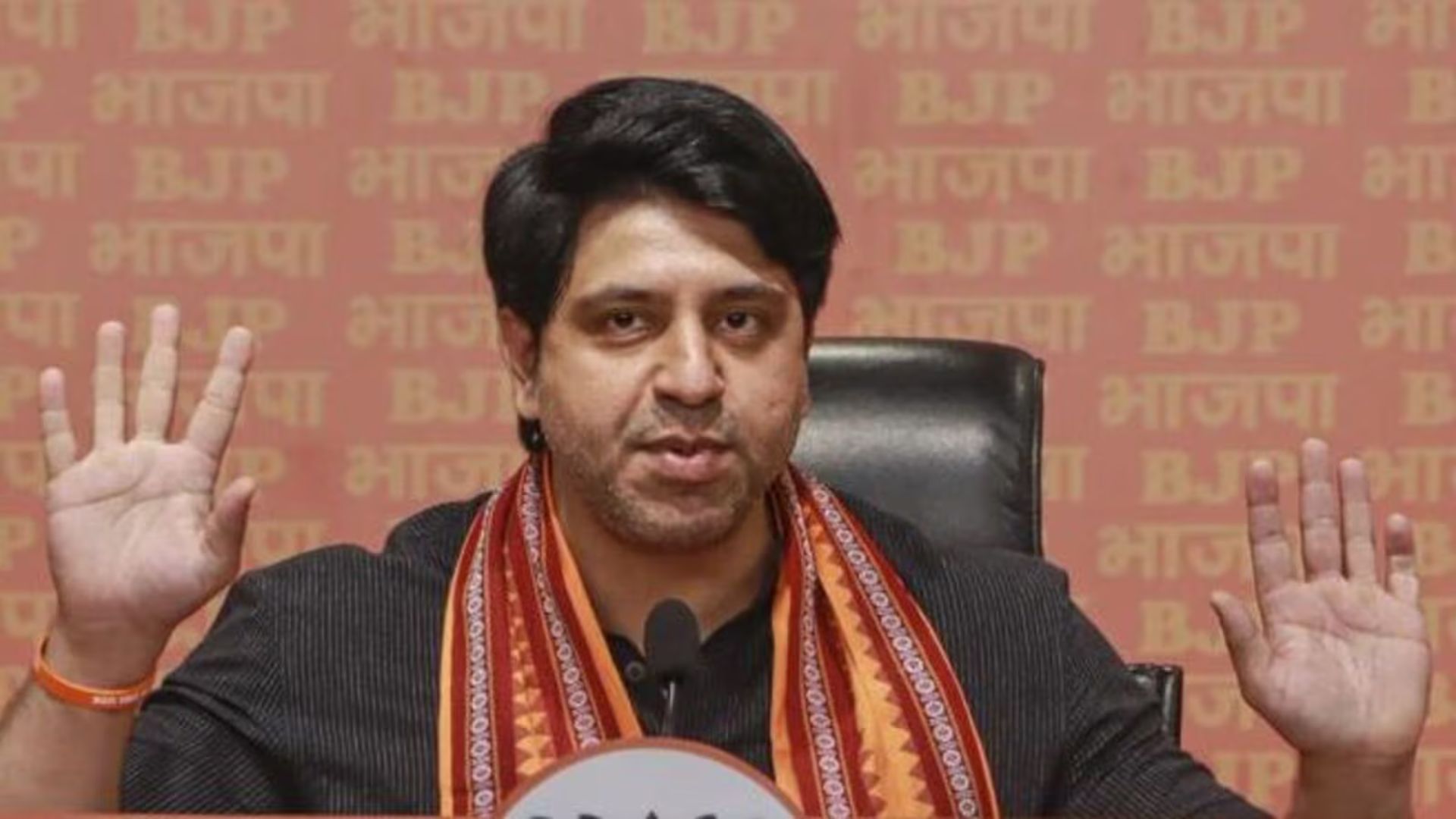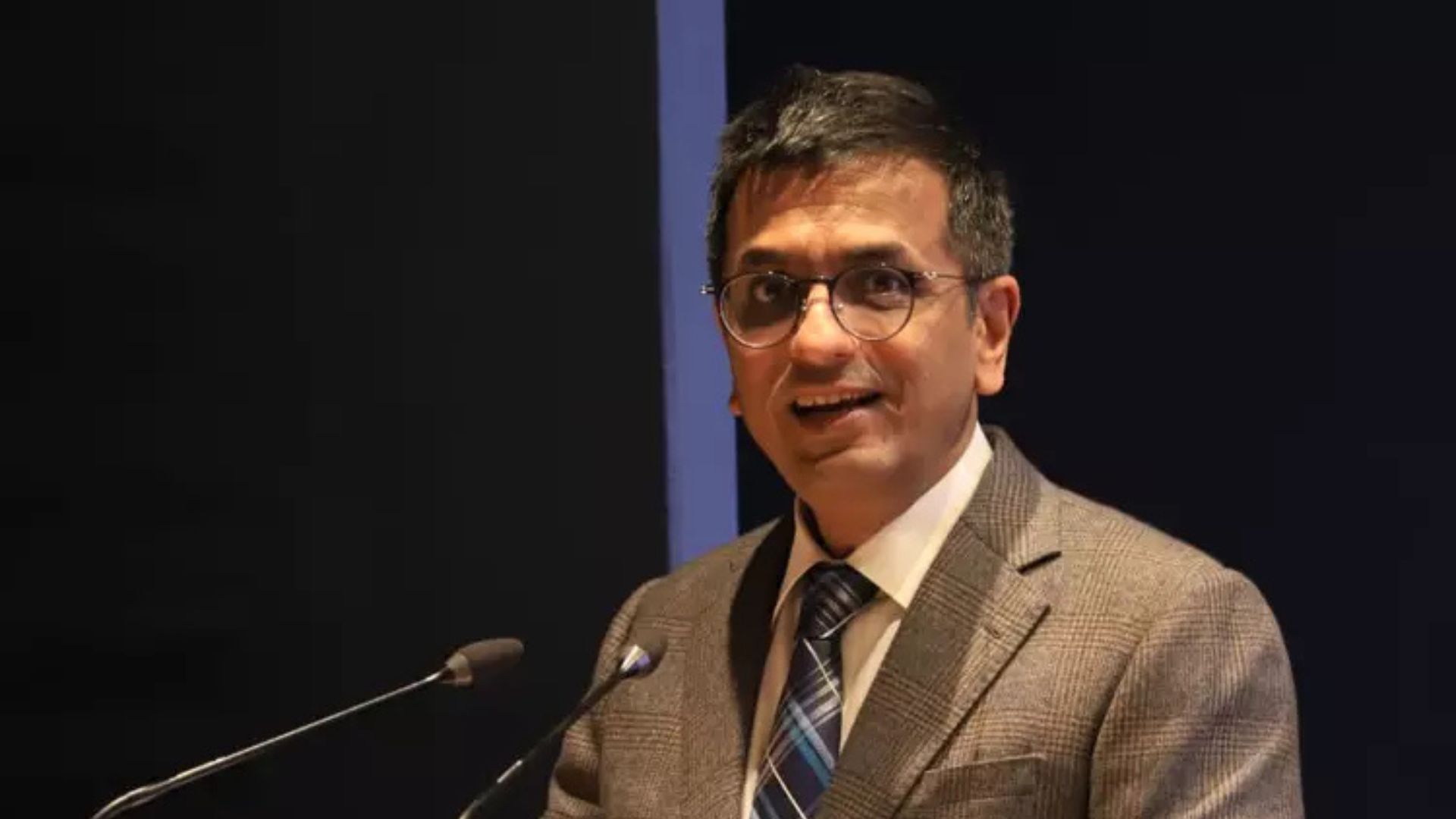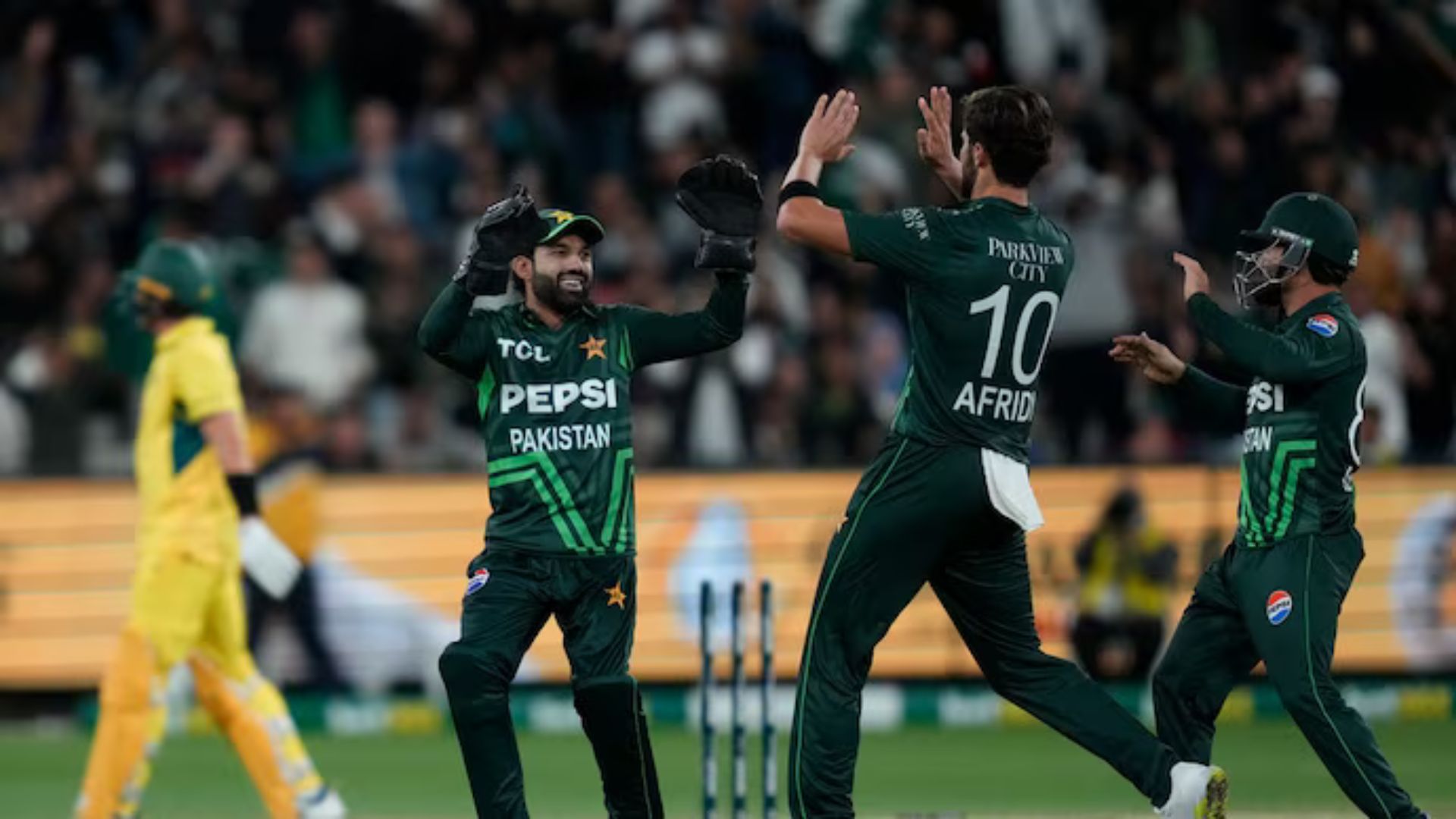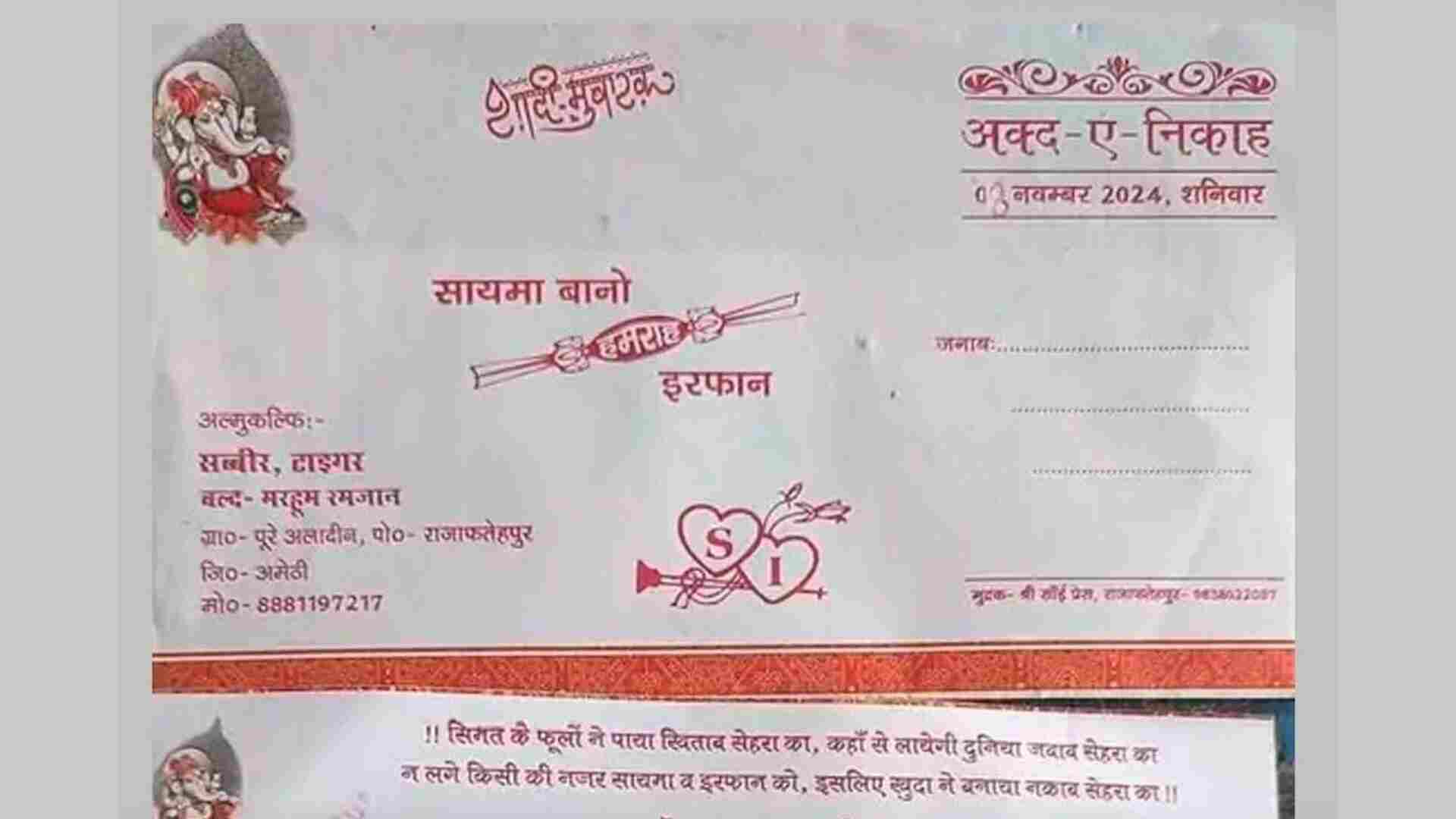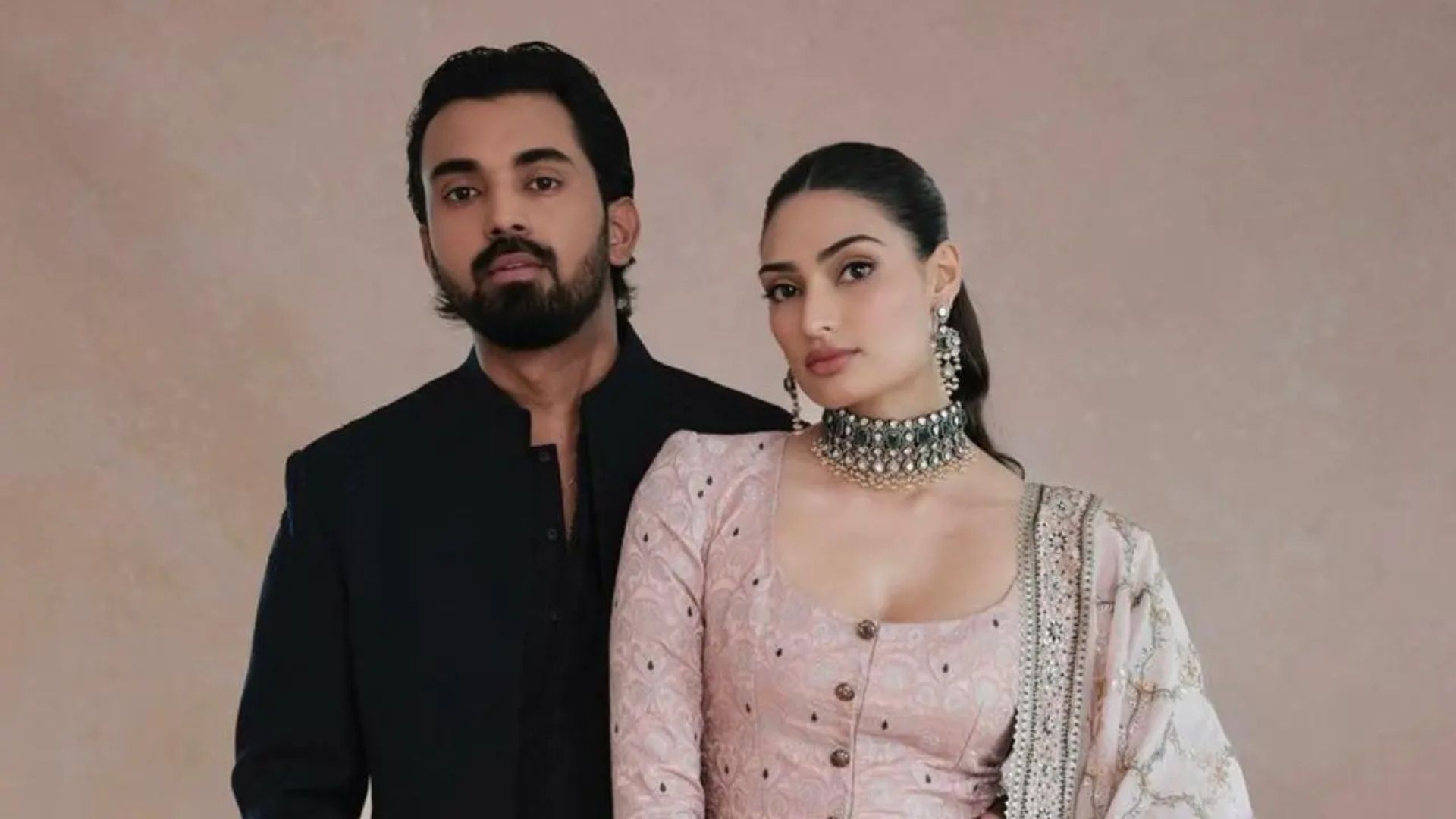
For many in India, live-inrelationship might be a modern concept or it might be a concept that has been adopted here from a developed country where live-in-relationship is very much common. For many, it’s immoral practice and it’s against our Indian culture to stay together before marriage or to have a baby before marriage. For society, it is taboo to have a baby before marriage as it will be known to be an as illegitimate child without having a father’s name. Though in our modern society to protect such children from any kind of mental harassment many laws have been framed whereby now it’s not compulsory to write the father’s name on the birth certificate of the child as per judiciary. Our modern society has not accepted the live-in relationship wholeheartedly due to the social stigma and taboo associated with it. But in the same society, we have certain tribal communities who practice the live-in relationship as their custom from time immemorial, but they also treat the girl and women with respect. Women in tribal society enjoy a higher status in comparison to males. They have a right to choose their groom which I believe in our modern society many women don’t have this right in their families. Children from higher society may consider staying in a live-in relationship as their status symbol or a fashion to show off without understanding the importance of this concept. But the Garasia tribe from Udaipur, Munda, Oraon, and Ho tribes from Jharkhand and Muria Tribes of Chhattisgarh are some of the examples to set before our modern society how these tribes have taught their children from a tender age about community service, giving respect to the feelings of others and how to treat each other. These are the tribes who practice live-in relationships among themselves. In this tribe hatred crimes are not commonly practiced or committed for saying no to men by a woman, nobody murders the opposite sex at any point in time if they feel the other party is not compatible with them like we have seen last year’s Shraddha murder case. Their society is better than ours. Though we are technology advance in comparison to them and we are highly literate and financially well-placed too. But our mind has become degraded with the advancement of society. But these tribal communities are far more advanced in their thoughts in comparison to us. They give full respect to the couple’s privacy and their choice for live-in-relationship and even children born out of wedlock consider to be a legitimate children with societal acceptance. Even many incidents are theirs among these tribes where the aged parents along with their children got married at a time at a single expense. Though this tribe too had some customs for marriage like giving a feast to the village is compulsory for the Jharkhand tribes for getting societal acceptance of their live-in relationship and for the Muria Tribe the boy has to give mahala (money) fixed by the community to the girl parent for societal acceptance of the live-in relationship. It’s not compulsory for them to even marry after living in a live-in relationship if they don’t have money to bear the marriage expenses. That will not make any difference to them as for their tribal communities it is not a sin. They had a social sanction of living together as a couple which is important. Though it was in 2006 for the first time in the case of Lata Singh versus the State of Uttar Pradesh and another, AIR 2006 SC 2522, court for the first time considered that it’s not illegal for an adult couple of opposite sex to stay together before marriage in a live-inrelationship. Though after this judgment many other landmark judgments have been passed by the honourable Supreme Court and High Court of different states for the acceptance and recognition of live-in-relationships. Even amendment has been done in the Prevention of Domestic Violence Act, 2005 for the protection of the ladies from any kind of domestic violence related to live-inrelationships. But all these laws are recent. But these laws have no importance for the tribal communities as they already had their own rules and regulations which they are following from time immemorial for the protection and preservation of their traditional and customary practice of live-in relationships. Even they have framed rules for the separation of the couple at any point of time during their live-in relationship if they don’t feel compatible and nobody will question them for it. Even in such situations, their privacy will be protected, and the children born to them will get protection according to the tribe’s rules not only this after their separation they can choose another person for a live-in relationship or marriage after the due consultation with the family members and with the community head. Every community has its certain drawbacks and positive values. It depends upon us how we apprehend it. There is a difference between being educated and literate. We have to understand the difference. While staying in our high-tech city, we have become literate, but from our behaviour towards our society, and towards other people we have to judge whether we are educated. Being educated means what we have to learn from these tribal communities.
Dr Pyali Chatterjee is HOD, Faculty of Law, ICFAI University, Raipur, Chhattisgarh.

